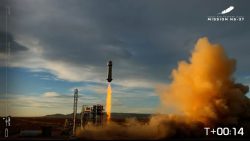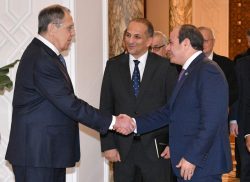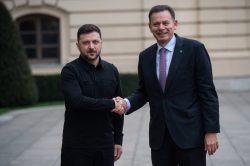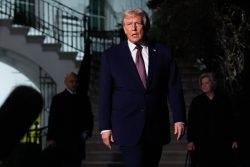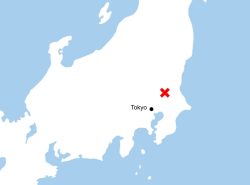UN Takes No Immediate Action at Emergency Meeting on Guyana-Venezuela Dispute over Oil-rich Region
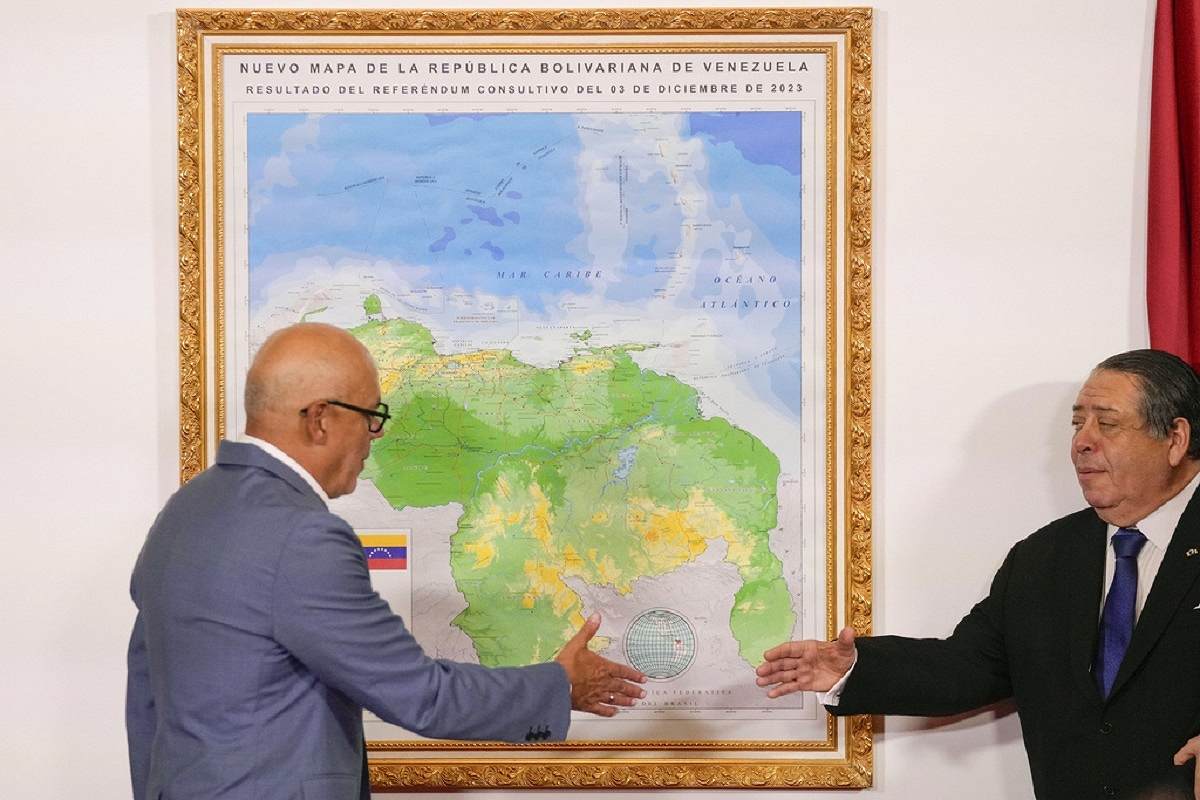
National Assembly President Jorge Rodriguez, left, and Chairman of the Special Commission for the Defense of Guyana Essequibo Hermann Escarra, shake hands after unveiling Venezuela’s new map that includes the Essequibo territory, a swath of land that is administered and controlled by Guyana but claimed by Venezuela, in Caracas, Venezuela, Friday, Dec. 8, 2023.
15:15 JST, December 9, 2023
UNITED NATIONS (AP) — The United Nations Security Council took no immediate action at a closed emergency meeting late Friday requested by Guyana after Venezuela’s referendum claiming the vast oil- and mineral-rich Essequibo region that makes up a large part of its neighbor.
But diplomats said the widespread view of the 15 council members was that the international law must be respected, including the U.N. Charter’s requirement that all member nations respect the sovereignty and territorial integrity of every other nation — and for the parties to respect the International Court of Justice’s orders and its role as an arbiter.
A possible press statement was circulated to council members and some said they needed to check with capitals, the diplomats said, speaking on condition of anonymity because the consultations were private.
At the start of Friday’s meeting, the diplomats said, U.N. political chief Rosemary DiCarlo briefed the council on the dispute.
In a letter to the Security Council president requesting the emergency meeting, Guyana Foreign Minister Hugh Hilton Todd accused Venezuela of violating the U.N. Charter by attempting to take its territory.
The letter recounted the arbitration between then-British Guiana and Venezuela in 1899 and the formal demarcation of their border in a 1905 agreement. For over 60 years, he said, Venezuela accepted the boundary, but in 1962 it challenged the 1899 arbitration that set the border.
The diplomatic fight over the Essequibo region has flared since then, but it intensified in 2015 after ExxonMobil announced it had found vast amounts of oil off its coast.
The dispute escalated as Venezuelan President Nicolas Maduro held a referendum Sunday in which Venezuelans approved his claim of sovereignty over Essequibo. Venezuelan voters were asked whether they support establishing a state in the disputed territory, known as Essequibo, granting citizenship to current and future area residents and rejecting the jurisdiction of the United Nations’ top court in settling the disagreement between the South American countries. Maduro has since ordered Venezuela’s state-owned companies to immediately begin exploration in the disputed region.
The 61,600-square-mile (159,500-square-kilometer) area accounts for two-thirds of Guyana. But Venezuela, which has the world’s largest proven oil reserves, has always considered Essequibo as its own because the region was within its boundaries during the Spanish colonial period.
In an Associated Press interview Wednesday, Guyana’s President Irfaan Ali accused Venezuela of defying a Dec. 1 ruling by the International Court of Justice in the Netherlands.
It ordered Venezuela not to take any action until the court rules on the countries’ competing claims, a process expected to take years.
Venezuela’s government condemned Ali’s statement, accusing Guyana of acting irresponsibly and alleging it has given the U.S. military’s Southern Command a green light to enter Essequibo.
"News Services" POPULAR ARTICLE
-

American Playwright Jeremy O. Harris Arrested in Japan on Alleged Drug Smuggling
-

Japan’s Nikkei Stock Average as JGB Yields, Yen Rise on Rate-Hike Bets
-

Japan’s Nikkei Stock Average Licks Wounds after Selloff Sparked by BOJ Hike Bets (UPDATE 1)
-

Japan’s Nikkei Stock Average Buoyed by Stable Yen; SoftBank’s Slide Caps Gains (UPDATE 1)
-

Japanese Bond Yields Zoom, Stocks Slide as Rate Hike Looms
JN ACCESS RANKING
-

Keidanren Chairman Yoshinobu Tsutsui Visits Kashiwazaki-Kariwa Nuclear Power Plant; Inspects New Emergency Safety System
-

Imports of Rare Earths from China Facing Delays, May Be Caused by Deterioration of Japan-China Relations
-

University of Tokyo Professor Discusses Japanese Economic Security in Interview Ahead of Forum
-

Japan Pulls out of Vietnam Nuclear Project, Complicating Hanoi’s Power Plans
-

Govt Aims to Expand NISA Program Lineup, Abolish Age Restriction


